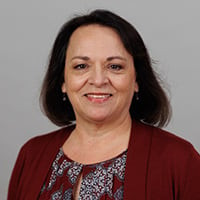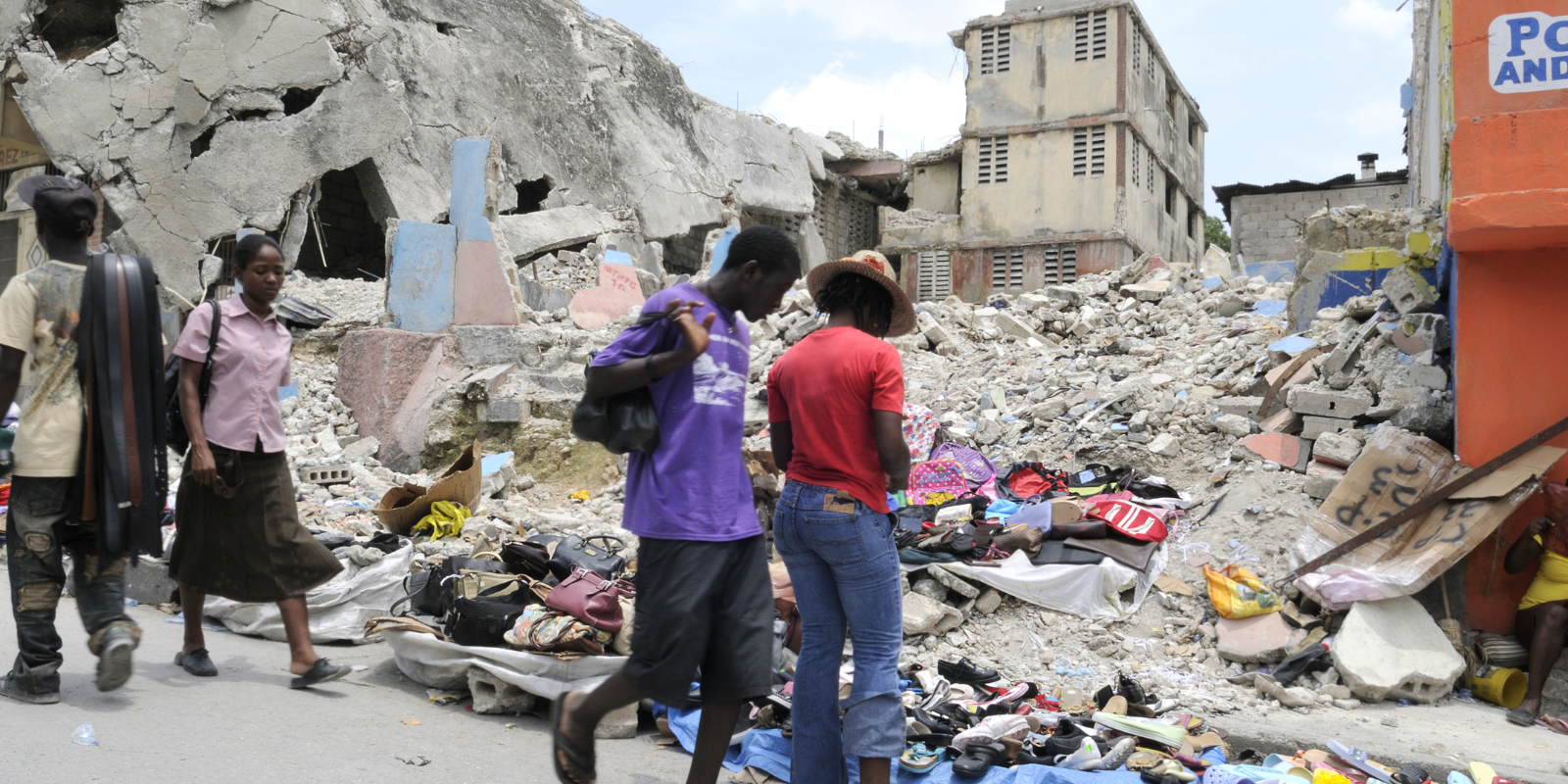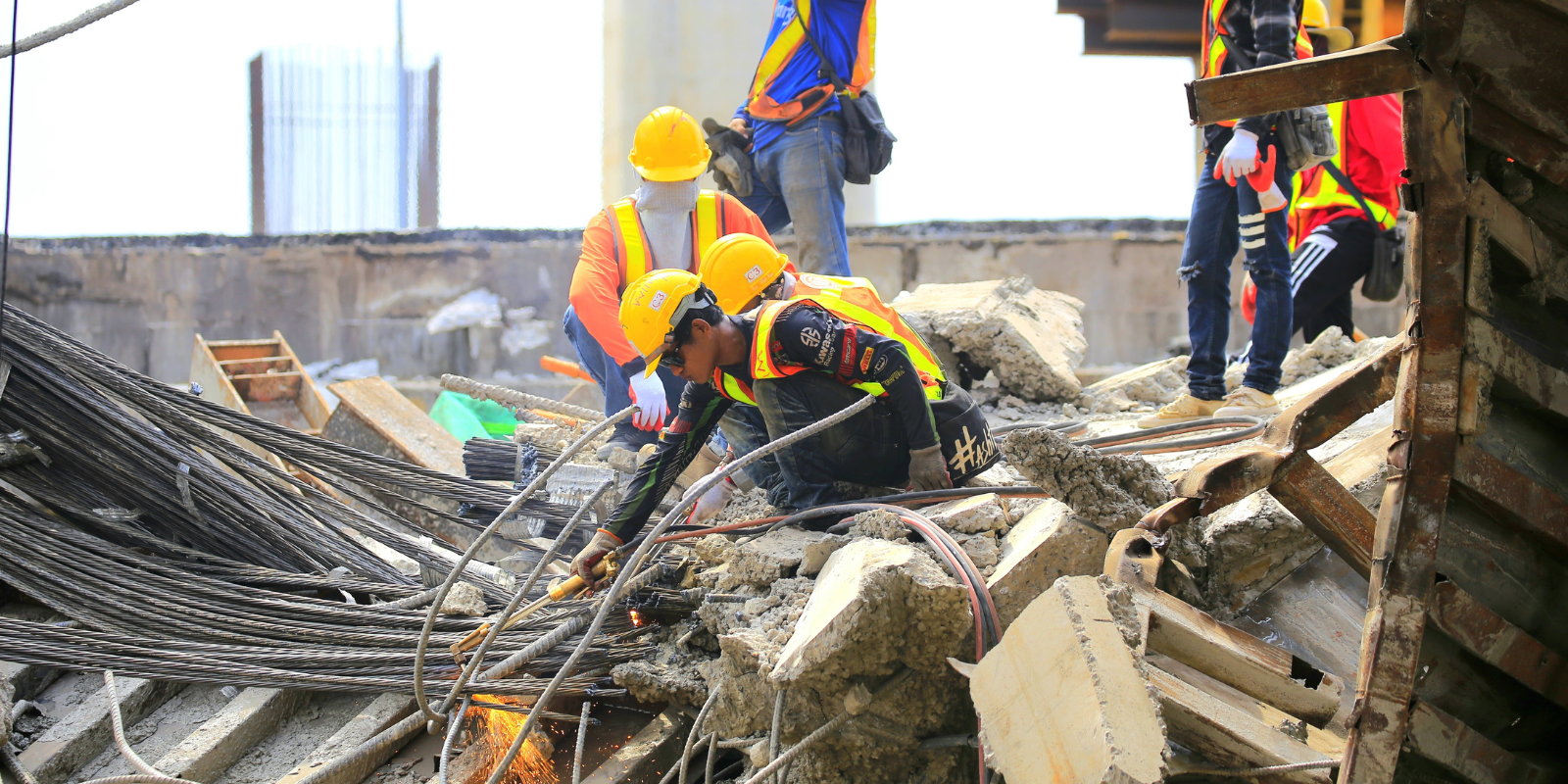While new to her position as executive director of the recently launched Center for Health Equity, Deborah Parra-Medina, MPH, PhD, FAAHB, already has a vested interest. Parra-Medina followed her eldest daughter and grandchildren to Colorado, so her professional mission of ensuring healthy and thriving communities is personal.
An epidemiologist by training, Parra-Medina joins the University of Colorado Anschutz Medical Campus from a similar role as the inaugural director of the Latino Research Institute at the University of Texas at Austin. The Center for Health Equity launched Jan. 1, 2024, and housed purposefully outside specific schools or colleges on campus, will unite scholars and students engaged in health equity work.
| Read the official announcement of the appointment. |
“We brought in an outside community advisory board to help us strategize around this the center’s mission and goals,” said Regina Richards, PhD, MSW, vice chancellor of Diversity, Equity, Inclusion and Community Engagement. “Our community advisory board, made up of internal and external individuals, will work directly with Dr. Parra-Medina to hold the campus accountable for what we said we would do with this center.”
Parra-Medina, whose own research focuses on community-based intervention trials for chronic disease prevention, talks more about the mission and goals of the center in the condensed Q&A below.





